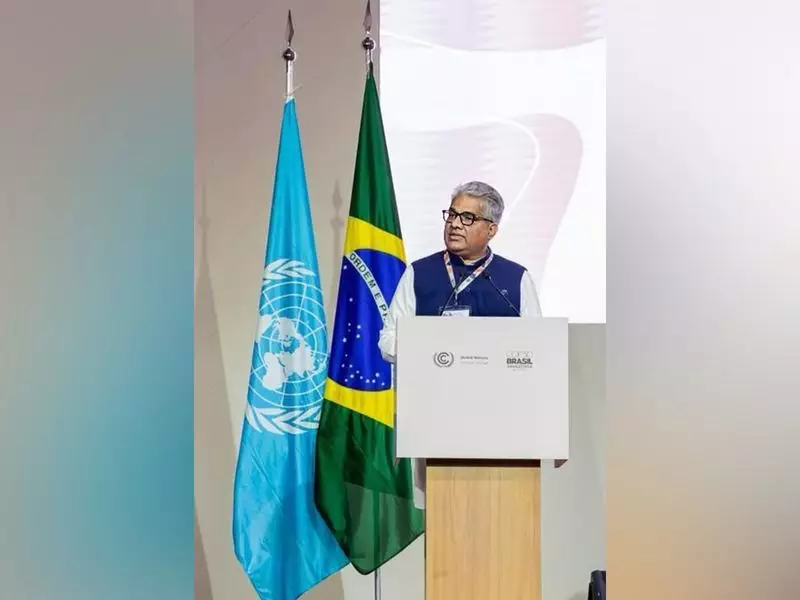
India has issued a powerful challenge to developed nations at the ongoing UN climate talks in Bonn, demanding they significantly advance their net-zero targets and scale up climate finance commitments from billions to trillions of dollars. The strong message was delivered by Union Minister for Environment, Forest and Climate Change Bhupender Yadav during the 60th session of the Subsidiary Bodies meetings.
Developed Nations Must Lead with Earlier Net Zero Commitments
Minister Yadav emphasized that developed countries must reach net-zero emissions far earlier than their current commitments to ensure adequate carbon space remains for developing nations to pursue their development goals. This position underscores the principle of common but differentiated responsibilities established in global climate agreements.
The minister highlighted the significant gap between what developed nations have promised and what they have actually delivered. Climate finance remains a critical sticking point in global negotiations, with developing countries consistently calling for developed nations to honor their financial commitments made under the Paris Agreement.
Trillions, Not Billions: The Scale of Finance Required
Yadav made it clear that the current scale of climate finance is completely inadequate to address the challenges faced by developing countries. The requirement is in trillions, not billions, he asserted during his intervention at the conference taking place from June 3-13, 2024.
The Indian delegation stressed that developed countries have failed to meet their $100 billion per year climate finance commitment, which was supposed to be achieved by 2020. This failure has eroded trust in the negotiation process and hampered the ability of developing nations to implement their climate action plans.
India reiterated that climate finance cannot continue as a mere promise but must transform into tangible, accessible resources that flow to developing countries. The minister called for a new collective quantified goal on climate finance that accurately reflects the actual needs of developing nations confronting climate impacts.
India's Climate Leadership and Domestic Actions
Despite not being historically responsible for climate change, India has emerged as a global leader in climate action. The country has consistently exceeded its climate commitments while simultaneously addressing the development needs of its 1.4 billion people.
Minister Yadav highlighted India's significant achievements in expanding renewable energy capacity, noting that the country is well ahead of schedule in meeting its Paris Agreement targets. India has demonstrated that ambitious climate action and economic development can proceed simultaneously when there is political will and appropriate support.
The Indian delegation emphasized that the country has maintained one of the lowest per capita emission rates among major economies while implementing one of the world's most ambitious renewable energy expansion programs. This achievement stands in stark contrast to the historical emissions and current per capita emissions of developed nations.
The Road Ahead for Global Climate Justice
The intervention by India's environment minister comes at a critical juncture in global climate negotiations. With the Paris Agreement implementation guidelines being finalized and new climate finance goals under discussion, the demands from developing countries are growing more urgent.
India's position reflects the concerns of many developing nations that face disproportionate impacts from climate change despite contributing minimally to the problem. The call for earlier net-zero dates from developed countries acknowledges that historical emitters must take greater responsibility for solving the climate crisis.
As the Bonn conference continues, the Indian delegation is pushing for concrete outcomes that would ensure adequate climate finance flows and equitable burden-sharing in global climate action. The success of future climate negotiations may depend on how developed countries respond to these legitimate demands from the global south.





